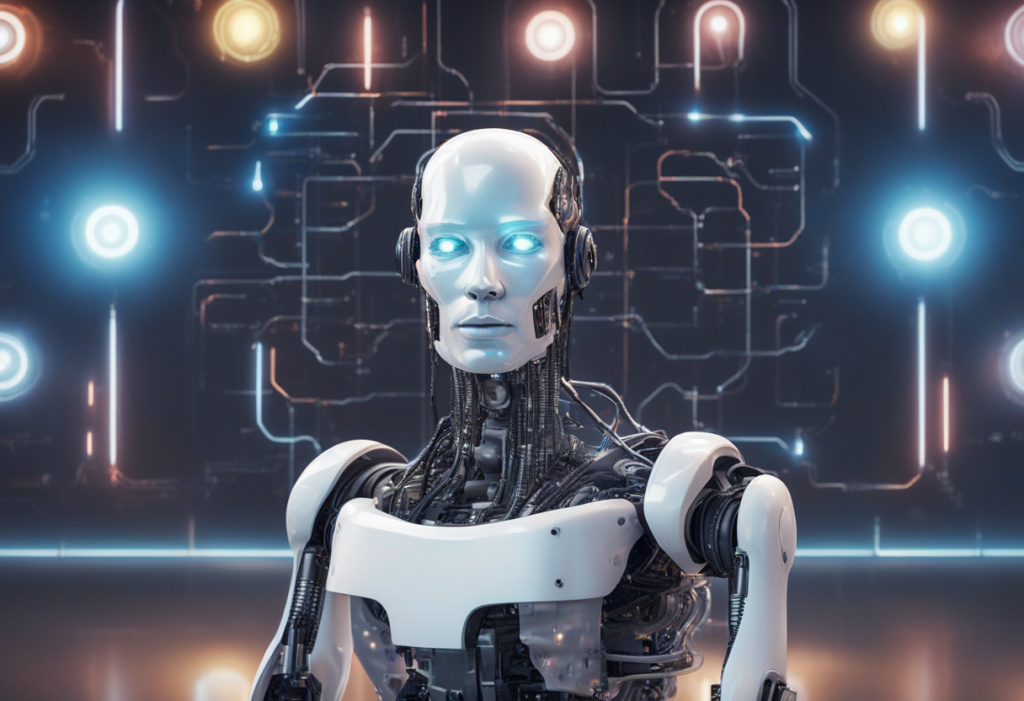Artificial Intelligence in HR: Key Trends for 2025
In 2025, artificial intelligence (AI) continues to transform the field of human resource management. From automating routine tasks to personalized training and employee development, AI is becoming an integral part of companies' HR strategies. In this article, we will look at the key trends in the use of AI in HR that are shaping the future of talent management.
1. Automation of recruitment and selection processes
AI is actively used to optimize recruitment processes, from resume analysis to initial interviews. Such systems significantly reduce the time spent on candidate selection and improve the quality of hiring. According to research, companies that use AI in recruiting reduce hiring time by 30% and increase selection accuracy by 25%.
2. Personalized employee training and development
AI enables the creation of individualized training programs tailored to the needs of each employee. AI-based systems analyze employees' skills, preferences, and career goals, offering personalized courses and materials. This increases the effectiveness of training and promotes professional growth among employees.
3. Predicting staff turnover and retaining talent
With AI, HR professionals can predict the likelihood of employee turnover by analyzing various metrics, such as engagement, productivity, job satisfaction, and more. This allows timely measures to be taken to retain key employees and reduce staff turnover.
4. Ethical aspects of using AI in HR
With the growing adoption of AI in HR, there is increasing attention to issues of ethics and transparency. It is important to ensure that algorithms are free from bias and discrimination. Companies are developing policies for the responsible use of AI, including regular audits of algorithms and training for HR professionals on ethical principles for working with AI.
5. Virtual assistants and chatbots in HR
AI-powered chatbots and virtual assistants are becoming popular tools for interacting with employees. They help with standard questions, providing information about company policies, vacation time, and other HR processes, freeing up HR professionals' time for more strategic tasks.
6. Using AI to evaluate employee performance
AI enables more objective and comprehensive employee performance evaluations by analyzing a wide range of data, from KPIs to peer feedback. This promotes fairer decisions about promotions, training, and development.
7. Integrating AI into talent management systems
Modern talent management platforms integrate AI to automate and optimize various HR processes, from hiring to employee development and retention. This allows for more flexible and adaptive HR strategies that are in line with the dynamic conditions of the labor market.
8. Enhancing the role of AI-powered HR analytics
AI enhances the capabilities of HR analytics by providing deep insights into the workforce and the organization as a whole. Big data analytics enables the identification of hidden trends, the forecasting of staffing needs, and the development of effective workforce management strategies.
9. Employee skills development and retraining with AI
AI helps identify skill gaps among employees and suggests ways to address them through personalized training programs. This is particularly relevant in a rapidly changing labor market where skill requirements are constantly evolving.
10. Hybrid work models and AI support
With the spread of hybrid work models, AI plays a key role in ensuring effective collaboration between remote and office-based employees. It helps organize communications, manage tasks, and maintain corporate culture.
Frequently asked questions
How does AI affect hiring processes?
AI automates routine tasks such as resume analysis and initial interviews, which speeds up the hiring process and makes it more efficient.
Is it safe to use AI in HR?
When ethical standards are followed and algorithms are regularly audited, the use of AI in HR is safe and helps improve HR processes.
Will AI replace HR professionals?
AI does not replace HR specialists, but complements them, allowing them to focus on strategic tasks and improving employee engagement.
Leave a request
Want to implement AI in your company's HR processes? Contact us, and Unistaff.ai specialists will help you develop and implement effective solutions tailored to your needs.


